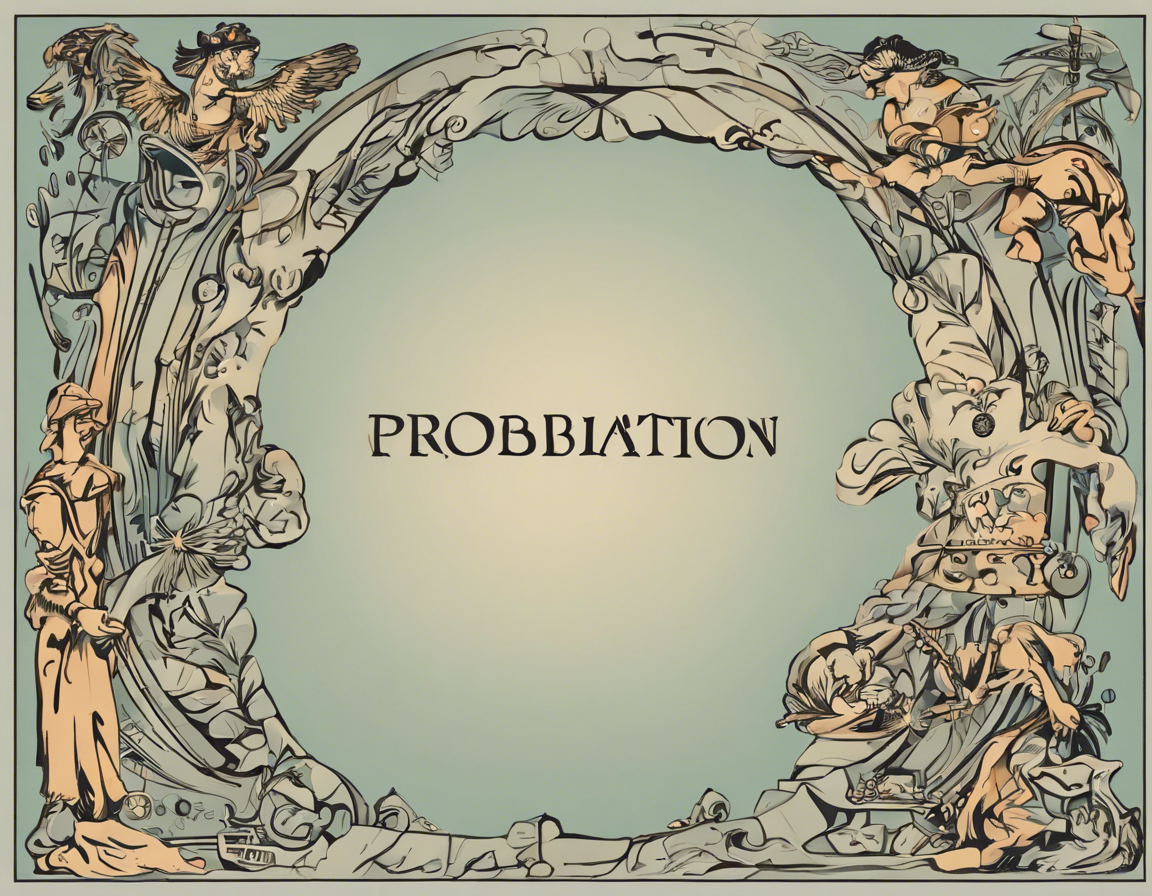Are you starting a new job, or have you just accepted an offer? If so, you may have come across the term “probation period.” What exactly does this mean, and how does it affect you as an employee? In this comprehensive guide, we will delve into the probationary period in employment – what it is, why it is used, how it works, and what it means for both employers and employees.
What is a Probation Period?
A probation period is a trial period at the beginning of employment during which the employer assesses the suitability of the employee for the role. It is a common practice for companies to hire new employees on a probationary basis before confirming them as permanent staff members.
Employers use the probation period to evaluate the employee’s performance, conduct, and overall fit within the organization. Likewise, it provides employees with an opportunity to familiarize themselves with the job, company culture, and expectations before committing long-term.
Why Employers Use Probation Periods
There are several reasons why employers implement probation periods:
-
Performance Evaluation: Employers use this time to assess the employee’s ability to meet job requirements, including skills, knowledge, and performance.
-
Cultural Fit: The probation period allows both the employer and the employee to determine if there is a good fit in terms of company culture and values.
-
Training and Development: Employers can use this time to provide necessary training and support to help the employee succeed in the role.
-
Risk Mitigation: If the employee does not meet expectations, it is easier for the employer to terminate the employment during the probation period.
How Long is a Typical Probation Period?
The length of a probation period can vary depending on the employer, industry, and type of role. Common probation periods typically range from 30 to 90 days. However, some roles may have longer probation periods, such as 6 months for more senior positions or those requiring specialized skills.
What Happens During the Probation Period?
During the probation period, both the employer and the employee have specific responsibilities and expectations:
Employer Responsibilities:
-
Provide Clear Expectations: Employers should clearly communicate job responsibilities, performance expectations, and evaluation criteria to the employee.
-
Offer Training and Support: Employers should provide necessary training, resources, and support to help the employee succeed in the role.
-
Regular Feedback: Employers should provide regular feedback to the employee on their performance, areas for improvement, and overall progress.
Employee Responsibilities:
-
Learn and Adapt: Employees are expected to learn the job requirements, company policies, and procedures, and adapt to the work environment.
-
Seek Feedback: Employees should actively seek feedback from their supervisor or manager to understand how they are performing and areas for improvement.
-
Demonstrate Progress: Employees should demonstrate progress, growth, and a willingness to learn and improve during the probation period.
Probation Period vs. Notice Period
It is essential to distinguish between the probation period and the notice period in employment contracts:
-
The probation period is the initial period at the start of employment during which the employer evaluates the employee’s performance.
-
The notice period is the period of time an employee or employer must give before terminating the employment contract.
Probation Period Extension or Termination
If an employer is not satisfied with an employee’s performance during the probation period, they may choose to:
-
Extend the Probation Period: In some cases, an employer may extend the probation period to allow the employee more time to improve and meet the required standards.
-
Termination: If the employer decides to terminate the employee during the probation period, they must follow the termination procedures outlined in the employment contract and comply with relevant employment laws.
Frequently Asked Questions (FAQs)
1. Can an employer extend the probation period indefinitely?
No, employers should have a predefined probation period, and extensions should have a valid reason and be communicated to the employee.
2. Can an employee resign during the probation period?
Yes, employees can resign during the probation period; however, they are typically required to give notice as specified in their employment contract.
3. Does the probation period affect employee benefits?
Employee benefits during the probation period may vary depending on the company’s policies. Some benefits may start immediately, while others may commence after the probation period is completed.
4. Can an employer terminate an employee without notice during the probation period?
In many jurisdictions, employers can terminate employees during the probation period with little or no notice, as long as it does not violate any anti-discrimination laws or employment contracts.
5. Are employees on probation entitled to performance reviews?
Yes, employees on probation should receive regular performance reviews and feedback to help them understand their progress and areas for improvement.
Conclusion
Understanding the probation period in employment is crucial for both employers and employees. It serves as a valuable evaluation period that allows employers to assess performance and fit while providing employees with an opportunity to acclimate to their new role. By setting clear expectations, offering support, and communicating openly, both parties can make the most of this initial phase of employment.
